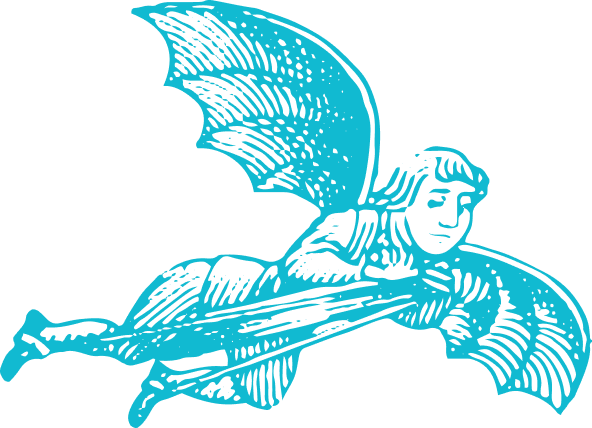Staying Human
Advancing science and medicine for, not on, human beings

Advancing science and medicine for, not on, human beings

When we talk today about “bioethics” and “medical ethics,” our culture uses the terms in a narrow way. Often they bring to mind logic puzzles raised by unusual scenarios and thought experiments: If a building were on fire, whom would you rescue? Or they bring to mind questions of personal preference and professional conduct: We talk about how doctors should help us select our children’s traits in the same register in which we talk about how they should help us select the diet plan that best expresses our values. Questions about what biotechnological power is, what it means and what it is for, wind up as technical questions about patient autonomy, informed consent, and disparate impact.
In asking these questions, we easily miss a temptation that lies deep within the heart of modern medical science: to go beyond healing the sick, toward overcoming our essential dependency, our mortality, our imperfection.
One of these aims has given us vaccines for polio and smallpox, made death in childbirth a rarity, and granted us release from pain during surgery. The other aim has given us forced sterilization of “unfit” people, the mass elimination of baby girls in the developing world and babies with Down’s syndrome in the developed, and the dream of reengineering human nature itself — the dream of transhumanism.
From its founding, a core mission of The New Atlantis has been to distinguish these two aims: to advance medicine and biotechnology practiced for, not on, human beings. We want to strengthen the healing profession while opposing the perfecting project — the temptation to use medical power to dispense with the human condition. We have used our pages to demonstrate the possibilities of a “richer” bioethics — an approach to ethical problems that focuses not just on narrow “how to” questions but on a deeper inquiry into the human experience and the meaning of human dignity.
As the prospect of genetic engineering now looms large, using biotechnological power wisely may yet become the greatest challenge of our era. Yet it is not a matter simply of sifting the good from the bad. For the tension between the two aims is inherent in biotechnological power. The empathetic hand that seeks to prevent children’s disabilities readily becomes the benevolent fist that seeks to prevent disabled children. Treatments for infertility readily creep into efforts to make bearing our children a manufacturing process — from harvest and quality control to artificial incubation. The development of neural implants to allow paralyzed veterans to walk again sparks dreams of liberating us all from our physical bodies to live forever in virtual reality.
These grand ambitions are deeply troubling. But just as troubling is the way we talk about them — or don’t; how our public language obscures them from view. We can easily articulate in public the question “Will despots abuse genetic engineering?” but believe that the question “Will regular people with good intentions use genetic engineering to fundamentally change who we are?” belongs to sci-fi movies and freshman philosophy seminars.
Staying human means not only setting limits on biotechnological power, but also offering language and venues in which it is licit to ask what parents owe to their children and children to their parents, what is the purpose of desire and suffering, and what are the conditions under which our lives can be lived meaningfully. When we avoid these questions, we do not quell them, but only make them take less coherent, more divisive, more intractable forms. If we are to answer them wisely, we must first grant ourselves the space to ask them at all, and ask them well.